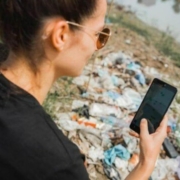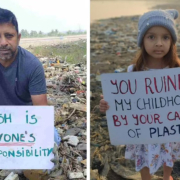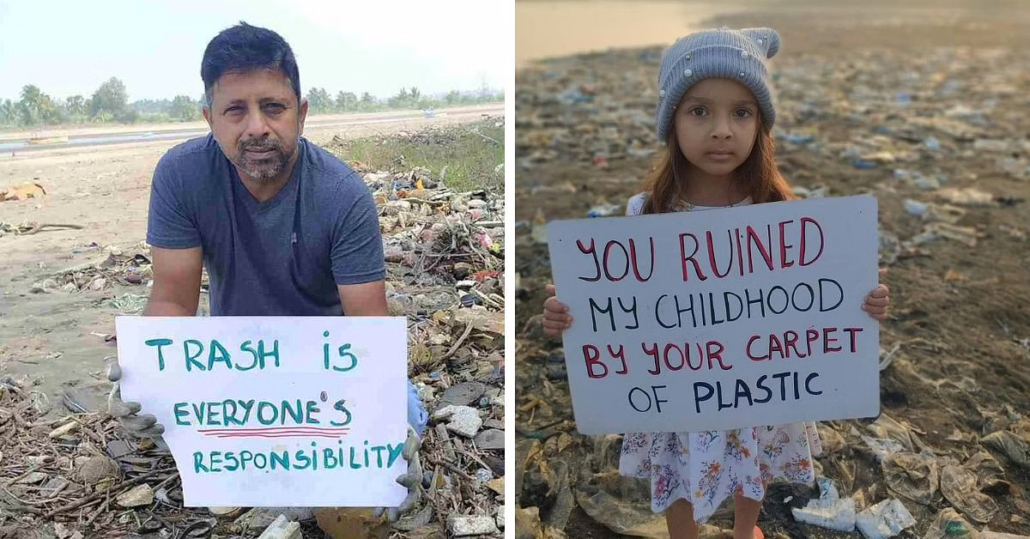First Non-Shipping Company Joins Eyesea
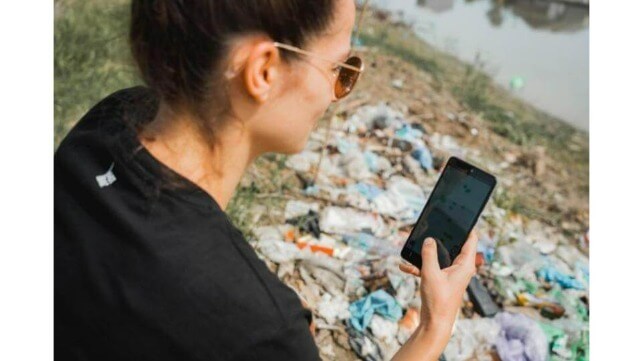
German apparel manufacturer GOT BAG has become the first non-shipping company to join the Eyesea initiative. In 2016, GOT BAG started sourcing Ocean Impact Plastic, recycling it, and processing it into backpacks.
The company now works with a network of 2,500 fishermen and people in Indonesia collecting Ocean Impact Plastic. The material is then sorted and recycled into pellets which are then made into backpacks and other bags. For each bag approximately 2-10 pounds of Ocean Impact Plastic are collected – material that is either already threatening or likely to become a threat to the marine environment – depending on the size and design.
Read More (Maritime Executive)
